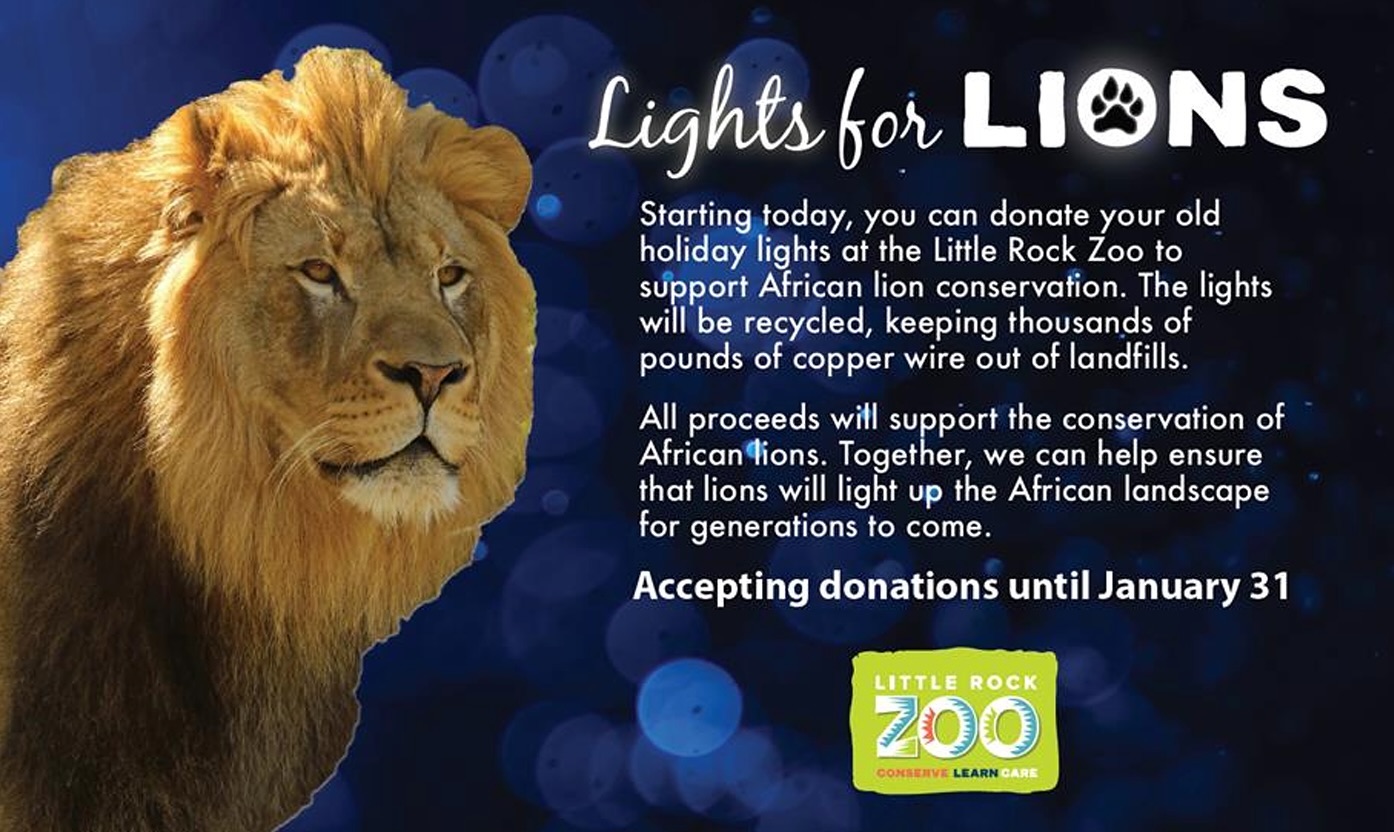- Understanding the importance of lion conservation and the current threats facing wild lion populations.
- Exploring the Lights for Lions initiative and its partnership with TRG to leverage unwanted string lights for lion conservation.
- Highlighting the role of the Lion Recovery Fund in doubling the wild lion population through global conservation efforts by 2050.
- Providing practical ways for individuals to participate in the Lights for Lions campaign, including donation and drop-off details.
- Emphasizing the significance of community involvement and education in wildlife conservation efforts.
Lion conservation is an urgent global concern. Wild lion populations have dwindled dramatically over the last few decades. From an estimated 450,000 lions across Africa in the mid-20th century, numbers have plummeted to as few as 20,000 today. This reduction is alarming for both biodiversity and ecosystem stability. Lions play a critical role in maintaining the health and function of their ecosystems. As apex predators, they help control the populations of other species, allowing plant and tree populations to thrive. The loss of lions can lead to overpopulation of certain species, which can decimate vegetation and alter habitats irreversibly.
The threats facing lions are manifold, including habitat loss due to human encroachment, illegal poaching for trophies and parts, and conflict with humans protecting their livestock. Conservationists worldwide are racing against time to reverse these trends. Initiatives such as Lights for Lions provide a hopeful pathway for individuals to contribute directly to these efforts, casting a spotlight on innovative models for wildlife conservation.
The Lights for Lions initiative exemplifies how collaboration and community action can lead to impactful solutions. Partnering with TRG, a North Little Rock-based recycling company, this initiative repurposes unwanted string lights and extension cords. By recycling the copper from these items, Lights for Lions redirects the proceeds toward the Lion Recovery Fund. This organization is on a mission to double the global lion population by the year 2050.
The Lion Recovery Fund is at the forefront of global lion conservation. Its efforts encompass expanding protected areas, mitigating human-wildlife conflict, and supporting local communities in conservation efforts. The fund operates on the principle that conservation must be inclusive, integrating the needs and inputs of people who live alongside wildlife. Projects funded range from habitat restoration and anti-poaching patrols to education and livelihood support for local communities. Through strategic partnerships and scientific rigor, the Lion Recovery Fund aims to create resilient ecosystems where lions can thrive.
Engaging the community is essential to conservation success. The Lights for Lions initiative is an invitation for people to take part in the conservation movement. Donations of string lights and extension cords, no matter their condition, can make a tangible difference. These items can be dropped off at the designated collection box near the zoo’s front gate until January 31, 2025. No ticket is necessary to donate.
While the Lights for Lions initiative cannot accept items such as ornaments, wire light displays, lawn deer, or plastic stakes, these limitations are crucial to maintaining focus on recycling efforts. Recycling copper from string lights and extension cords is a practical way to contribute to lion conservation, even if indirectly. By supporting the Lion Recovery Fund through this initiative, individuals help fund programs designed to protect existing lion populations, as well as foster environments for their recovery and growth.
Community involvement is more than just donating items. Education is an integral component of wildlife conservation. Understanding the role of lions in ecosystems and the precise threats they face empowers individuals to advocate for change. Educational campaigns, such as those driven by the Lion Recovery Fund, are paramount in shifting attitudes and encouraging both policy changes and everyday actions that benefit wildlife conservation.
People’s actions and lifestyles have profound effects on the environment. Simple choices, such as reducing energy consumption, minimizing waste, and supporting conservation-friendly policies, can contribute to broader conservation goals. Community-led initiatives like Lights for Lions highlight how everyday actions can cumulatively lead to global benefits.
For wildlife conservation to have lasting impacts, broad participation and sustained awareness are critical. The Lights for Lions campaign offers a model of engagement that combines environmental responsibility with tangible conservation outcomes. This initiative not only enhances lion conservation efforts, but also demonstrates the power of innovative thinking and collective action.
Lion conservation requires worldwide commitment. As flagship species, lions symbolize broader environmental health and resilience. Protecting them involves safeguarding entire ecosystems and the numerous species that share their habitats. Ensuring the survival of wild lions will require concerted efforts from governments, conservation organizations, local communities, and individuals globally. Contributing to initiatives like Lights for Lions is a step toward a future where lions and humans coexist more harmoniously.
Through sheer dedication and strategic collaboration, Lights for Lions not only aids in protecting a majestic species but also inspires individuals to reflect on their environmental responsibilities. Empowering communities to participate in conservation efforts can drive transformative changes, not only for lions but for global biodiversity.
*****
Source Description
Help Us Protect Wild Lions with Lights for Lions! 🦁
Donate your unwanted string lights and extension cords!
We’ve partnered with TRG in North Little Rock to recycle the copper, with all proceeds benefiting the Lion Recovery Fund. This vital initiative aims to double the wild lion population by 2050 through expanded conservation efforts worldwide.
📅 Donations are being accepted now through January 31, 2025.
📍 Drop off your lights and cords (in any condition) at the collection box near the Zoo’s front gate—no ticket required!
🚫 Please note: we’re unable to accept ornaments, wire light displays, lawn deer, or plastic stakes.
Learn more about how you can help protect lions by visiting our website.


